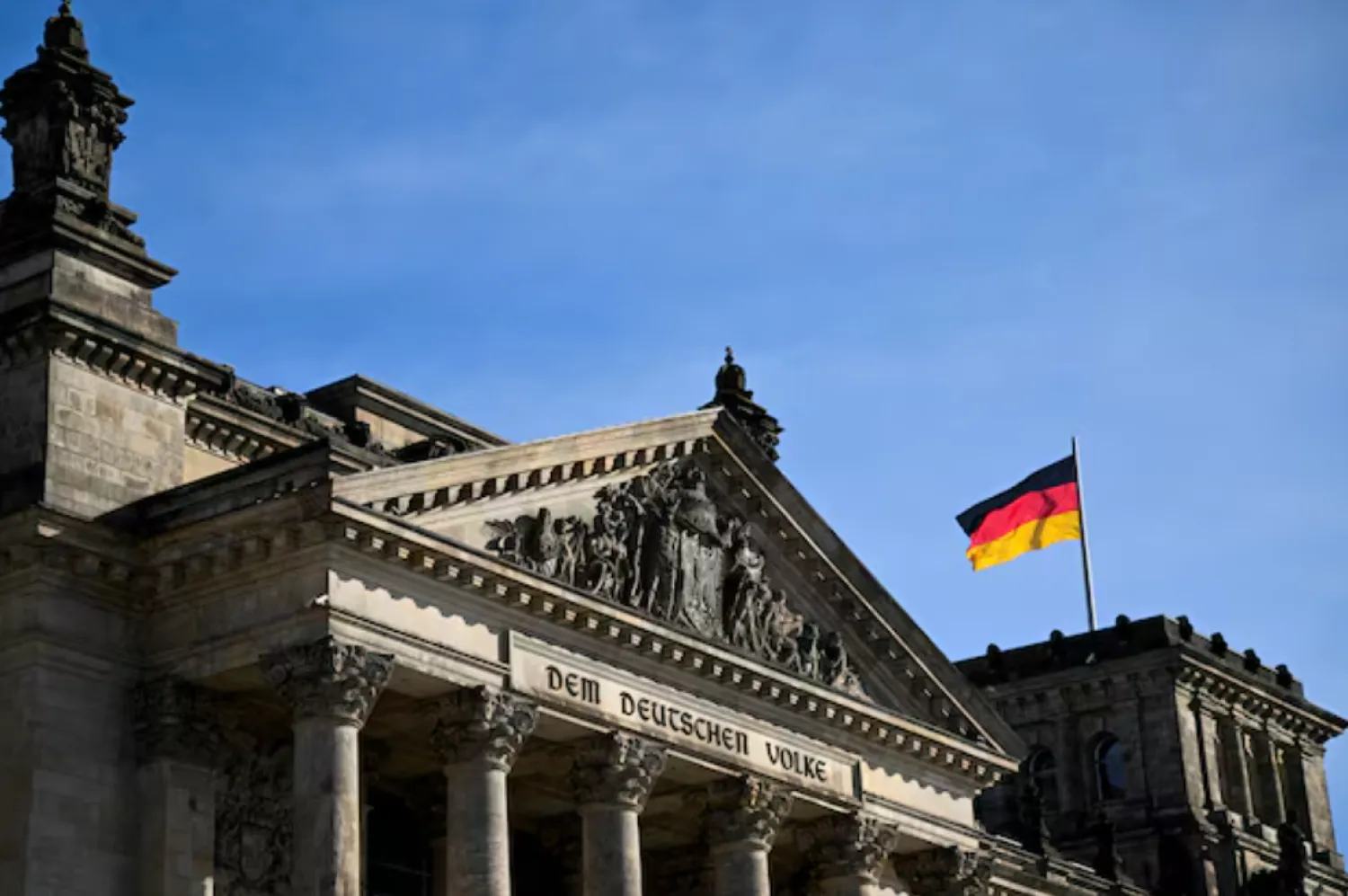Iranian Leader Ali Khamenei said on Wednesday that the Al-Aqsa Flood operation ostensibly targeted the “Zionist occupation entity”, but in reality its goal was to “eradicate America.”
Fars News Agency quoted Khamenei as saying: “These operations have been able to confuse the agenda of US policies in the region, and they will continue, God willing.”
He added that the attacks committed by Israel against the Palestinians in Gaza have unveiled the true image of the West.
“The brutal and inhumane operations committed by the Zionist entity against the people of Gaza did not only expose this entity and America, but also exposed well-known European countries and Western civilization and culture.”
Khamenei went on to say: “[...] When the Zionists kill 5,000 Palestinian children by throwing phosphorus bombs, the Westerners support this crime and say: Israel has the right to defend itself. This is Western culture.”
Khamenei also pointed to the American position on Lebanon, stressing that the US plans have failed.
“They were saying that they wanted to create a new Middle East... They failed to achieve this goal... They wanted to eliminate Lebanon’s Hezbollah, but their plan has led to increasing Hezbollah’s strength tenfold.”
On Iraq and Syria, the Iranian leader noted that the US administration was far from reaching its objectives.
“The Americans wanted to swallow Iraq, but they failed to do so, and they wanted to seize Syria by sending their elements to fight against ISIS and Al-Nusra... and they provided all kinds of support to them over 10 years... but could not achieve this goal...” he stated.









